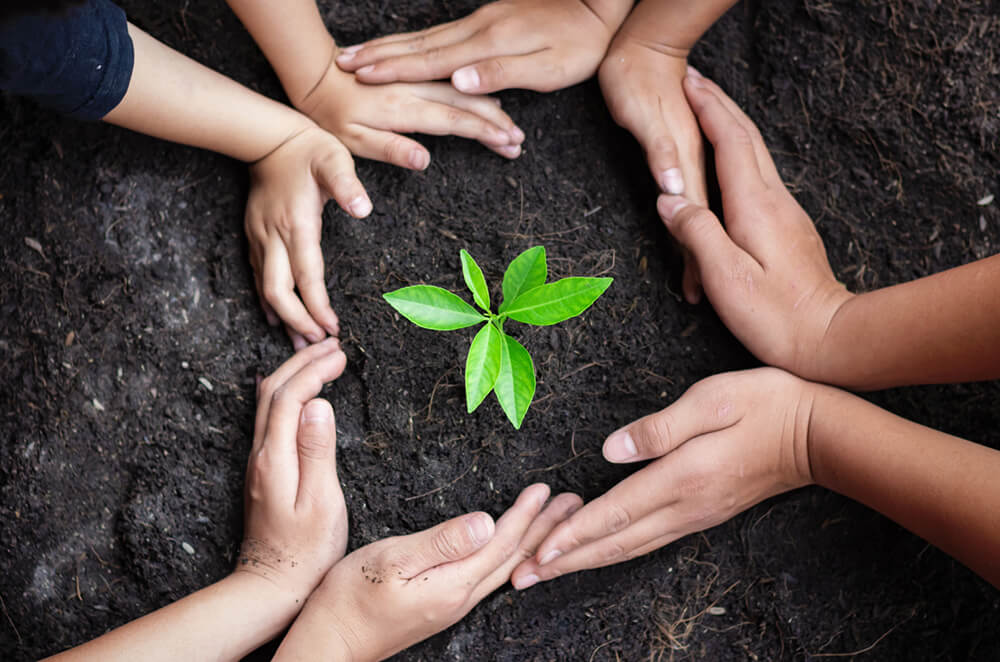Ecology. A word that has earned an increasingly prominent place in our everyday vocabulary over the past few years, yet many of us might be using it without truly understanding its meaning.
Ecology is the science that studies the relationship between living beings and the environment that surrounds them. Its name comes from the Greek words ‘oikos,’ meaning ‘home,’ and ‘logos,’ meaning ‘study.’ Ecology, then, is the ‘study of home’ —an appropriate title for the analysis of this vast common home, our planet.
Every November 1st, we celebrate World Ecology Day to highlight the importance of this discipline and remind ourselves that the relationships between living beings and their environments are fundamental to their survival, including, of course, that of human beings.
In a world where the imbalance between people and their surroundings is increasingly evident, this day serves as a reminder that we must—and can—change our attitudes and generate environmentally focused actions to shape a better future.
Moderate and Rethink
It’s impossible to think about ecology without considering the impact of human activities on the planet and the other living beings that inhabit it. Global warming, deforestation, desertification and the resulting loss of biodiversity, warming oceans, and the increase in natural disasters —all these global events indicate that we are having an excessive impact on our environment, which has led to a series of negative consequences.
It is clear that we need to moderate and rethink our relationship with our ‘home-planet’ if we intend to create a sustainable future. This would involve questioning the current global economic model, as well as reflecting on our individual relationship with our environment.
Today’s global economy is based on a model that uses natural resources recklessly and produces an unmanageable amount of waste. Latin America, as a region, would be particularly interested in moving away from this model, as it holds an unparalleled natural wealth that hundreds of thousands of people depend on both locally and globally.
A Matter of Survival
Preserving our environment is truly a matter of survival in Latin America. However, historically, the region has opted for an extractive economic model, meaning it has exploited its natural resources to ensure economic development—think of mining, oil, and intensive agriculture.
Latin America’s natural wealth can still be a source of economic prosperity for the region, but only if we know how to preserve and utilize it through innovation and creativity. One way to do this is by shifting towards a closed-loop production model, where recycling and waste play an essential role.
Instead of relying on raw materials to produce the goods we need, we can choose to recycle existing goods. This includes packaging made from recycled paper pulp or textiles produced from waste generated by the fashion industry; it also includes transforming plastic bottles into clothing, shoes, and new packaging.
This method of production not only reduces the exploitation of non-renewable natural resources but also helps address the problems of waste and pollution that threaten ecosystems worldwide, particularly in countries like Chile and others in Latin America.

